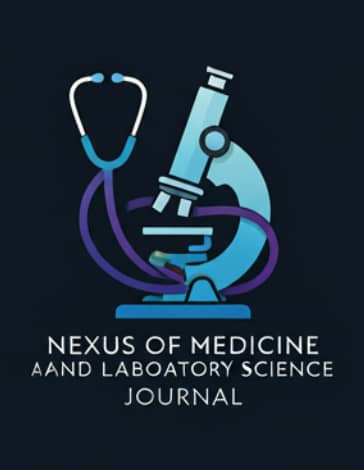The potential link between Toxoplasma gondii infection and psychosis—particularly schizophrenia and bipolar disorder—has become a central focus of interdisciplinary research spanning psychiatry, neurology, immunology, and infectious disease. Findings from epidemiological surveys, meta-analyses, and large-scale cohort studies suggest that T. gondii exposure, especially during prenatal or early developmental periods, may heighten susceptibility to psychotic disorders. Several biological mechanisms have been proposed, including neuroinflammation, immune dysregulation, dopaminergic imbalance, and gene–environment interactions. Despite broad evidence supporting this association, inconsistencies persist due to methodological limitations, strain variability, diagnostic heterogeneity, and regional differences in infection prevalence. The strongest support comes from longitudinal and registry-based studies that account for timing of infection and confounding factors, though definitive causality remains unproven. Most available research relies on seropositivity as an indirect marker of infection, restricting insights into temporal dynamics. Future investigations should integrate molecular parasite typing, host genetic and immune profiling, neuroimaging, and standardized diagnostic approaches. Interventional trials assessing antiparasitic or immunomodulatory therapies may further clarify clinical implications. Collectively, current evidence indicates that T. gondii may serve as an environmental risk factor in genetically predisposed individuals, underscoring the need to incorporate infectious exposures into models of psychosis pathogenesis.

